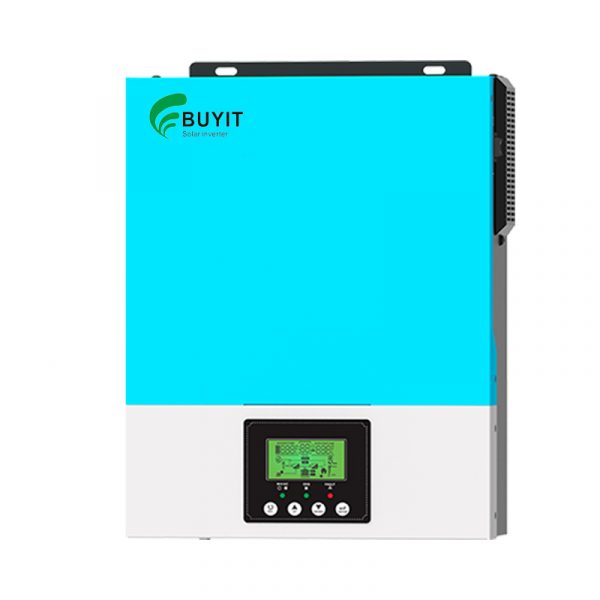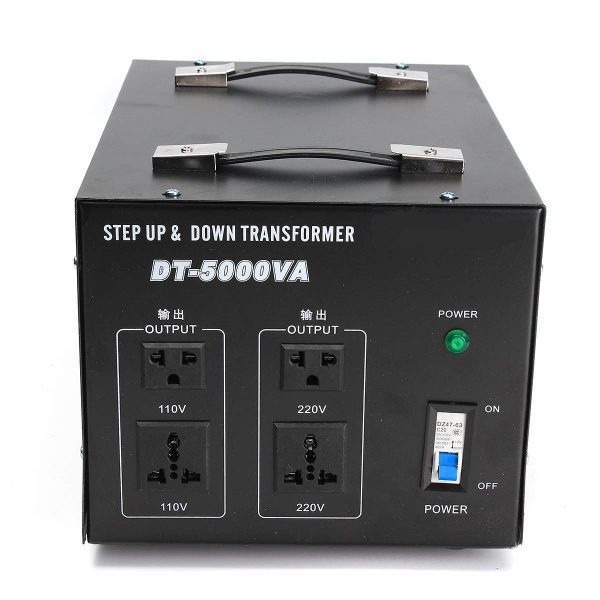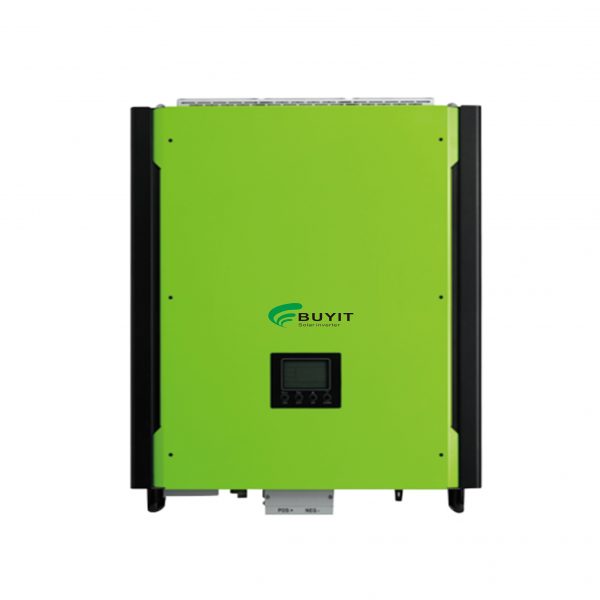
Energy Storage丨What is a fuel cell?
What is a fuel cell?
A fuel cell is a device that converts chemical energy into electrical energy. It is an environmentally friendly, efficient and reliable energy solution. For example, a hydrogen fuel cell generates electricity by reacting hydrogen and oxygen, and the only waste produced is water vapor.

A fuel cell consists of three main parts, namely electrodes, electrolyte membrane and external circuit (current collector).
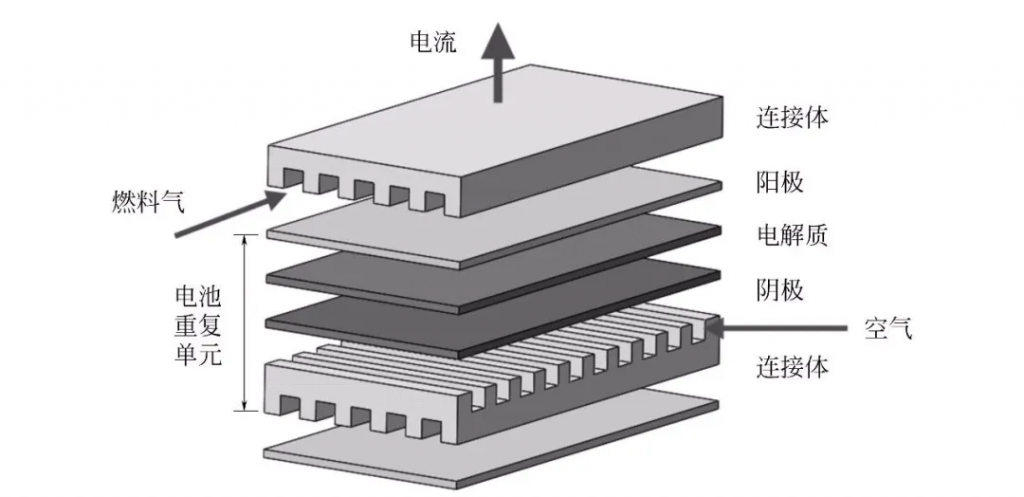
The electrode can be mainly divided into two parts, the anode and the cathode. It has a porous structure and is generally 200-500mm thick. The fuel gas and oxidizing gas are introduced into the anode and cathode of the fuel cell respectively.

The main function of the electrolyte membrane is to separate the oxidant and the reductant and to conduct ions.

The external circuit (current collector), also known as the bipolar plate, has the functions of collecting current, separating oxidants and reductants, and conducting reaction gases. The performance of the current collector mainly depends on its material properties, flow field design and processing technology.

The working principle of fuel cells is to pass the fuel through the electrolyte membrane and react with oxygen on the electrode to produce electrons and ions. The electrons pass through the external circuit to generate current, and the ions pass through the electrolyte membrane back to the other side of the electrode.
The advantage of fuel cells is that they can efficiently convert chemical energy into electrical energy without producing harmful waste. They can be used in various applications, including automobiles, ships, aircraft and home power generation. Fuel cells can also be used as a backup power source for power supply in emergency situations.
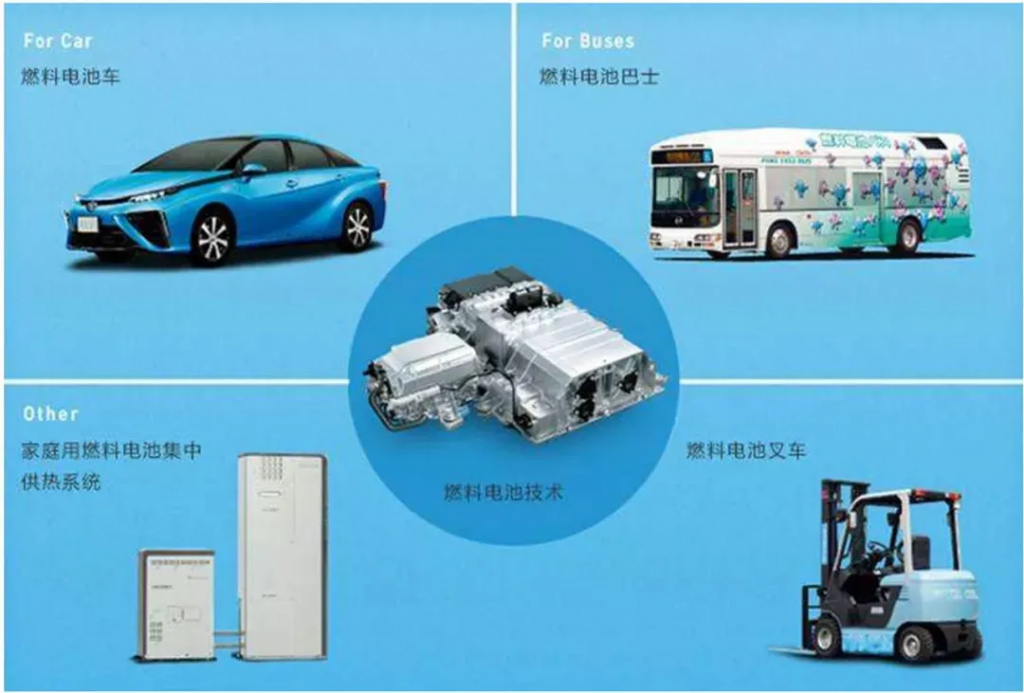
Fuel cells can be divided into many types, each with its own characteristics and applicable scope. Depending on specific needs and application scenarios, you can choose the corresponding type of fuel cell.
Proton exchange membrane fuel cell (PEMFC): widely used in transportation and small power systems, using proton exchange membrane to conduct protons.

Hydrogen fuel cell (RFC): Hydrogen fuel cell uses hydrogen as fuel, and generates electricity through proton exchange membrane after electrochemical reaction with oxygen. Hydrogen and oxygen react to generate water, and do not emit pollutants such as hydrocarbons, carbon monoxide, nitrides and carbon dioxide. It is pollution-free and has high power generation efficiency.

Solid Oxide Fuel Cell (SOFC): A high-temperature cell suitable for large-scale power generation systems, operating typically at 800 to 1,000 degrees Celsius.

Alkaline Fuel Cell (AFC): An earlier type of fuel cell that operates at low temperatures and is commonly used in aviation and aerospace applications.
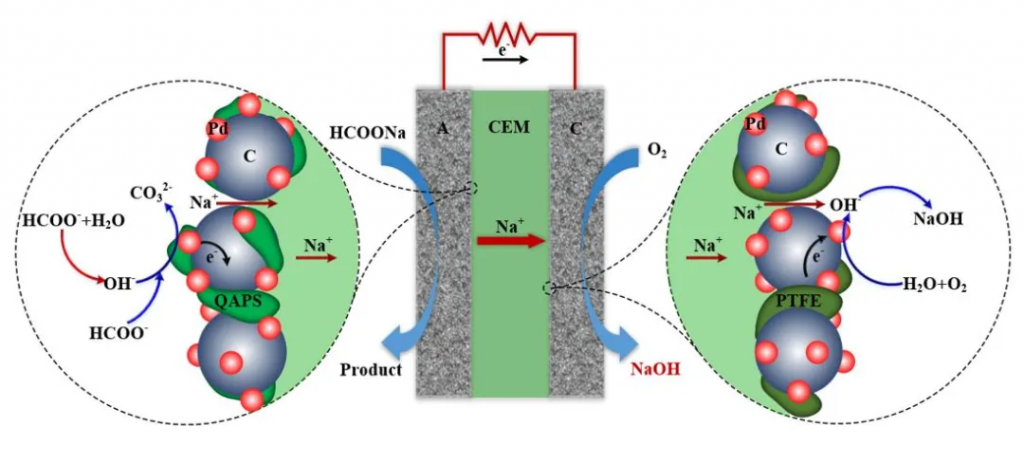
Phosphoric acid fuel cell (PAFC): commonly used in large power stations and industrial applications, using phosphoric acid as the electrolyte.

Microbial fuel cell (MFC): It uses microorganisms to convert organic waste into electrical energy and can be used for sewage treatment.

A fuel cell is a device that converts the chemical energy of a fuel and an oxidant directly into electrical energy through an electrochemical reaction. Theoretically, it can operate at a thermal efficiency close to 100%, making it highly economical.
The power generation efficiency of a fuel cell is very high, generally between 40% and 60%, which is much higher than the efficiency of traditional power generation methods, and has a higher energy utilization rate.
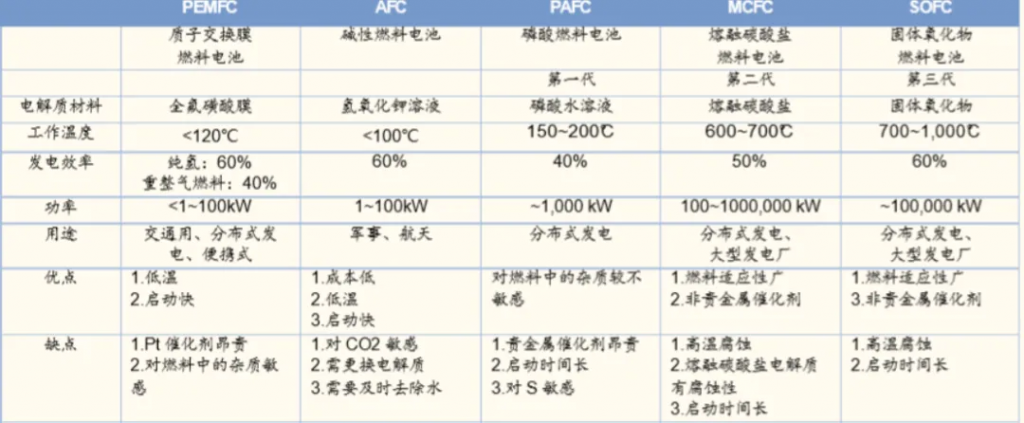
Fuel cells do not produce pollutants such as sulfur dioxide, nitrogen oxides and particulate matter during the power generation process. Their emissions are mainly water vapor, which has no negative impact on air quality and the environment, and the noise generated during operation is very low.
Fuel cells can use a variety of fuels, such as hydrogen, natural gas, methanol, etc., and have higher flexibility and reliability in energy supply. At the same time, the power generation can be adjusted according to needs to achieve flexible energy supply.
If you want to know more information about battery or inverter , Pls follow us or what’s app: 008613808405352
Buyit is a solar products manuafactory in shenzhen China.
